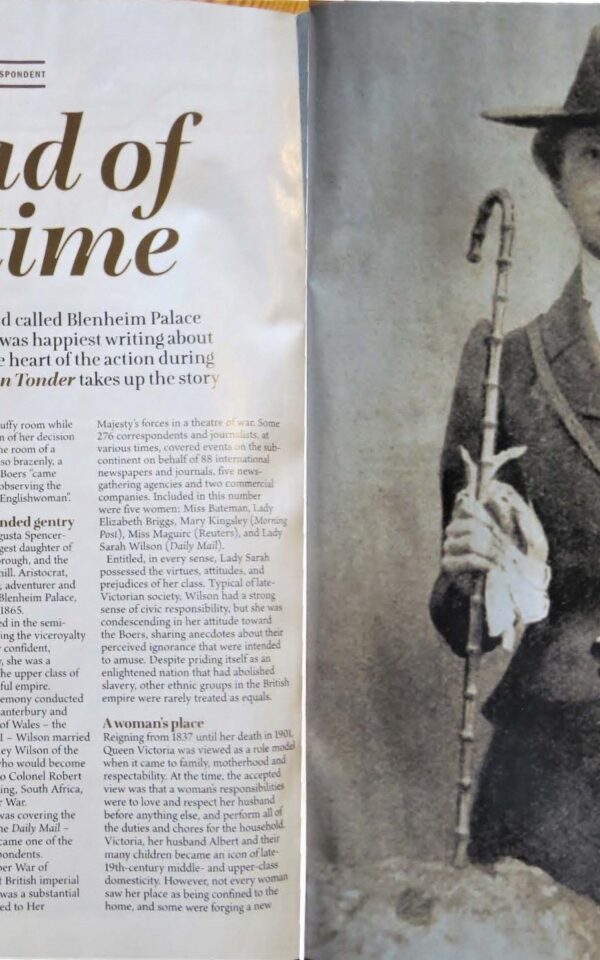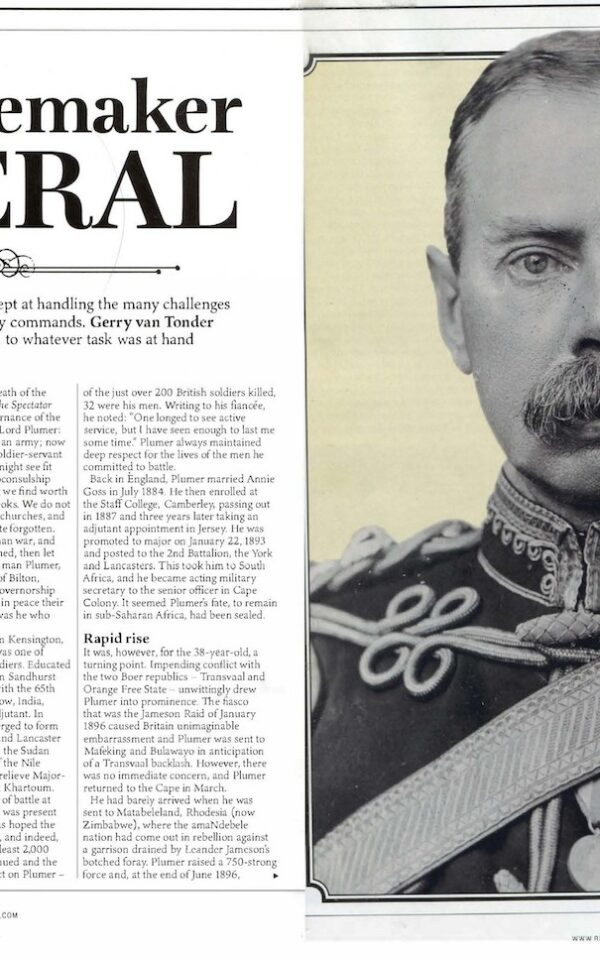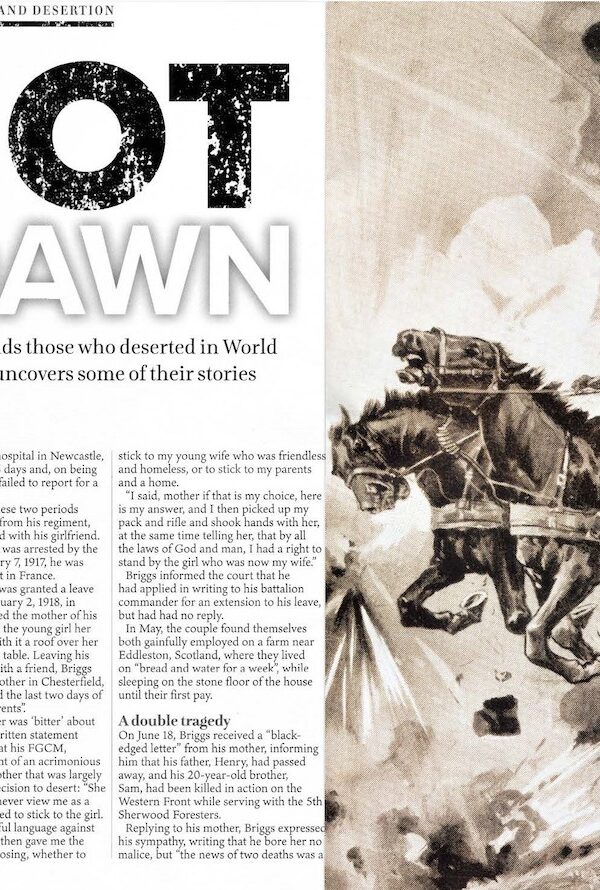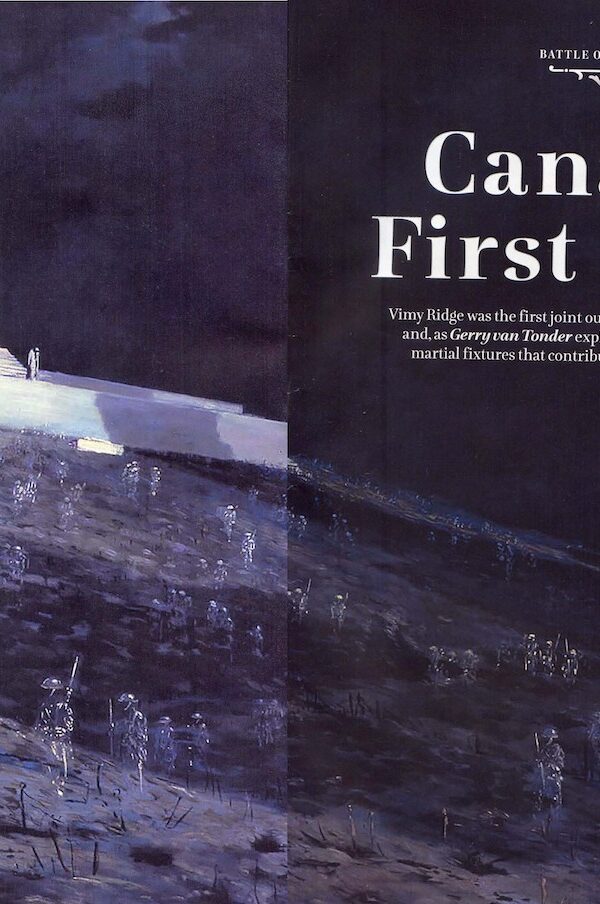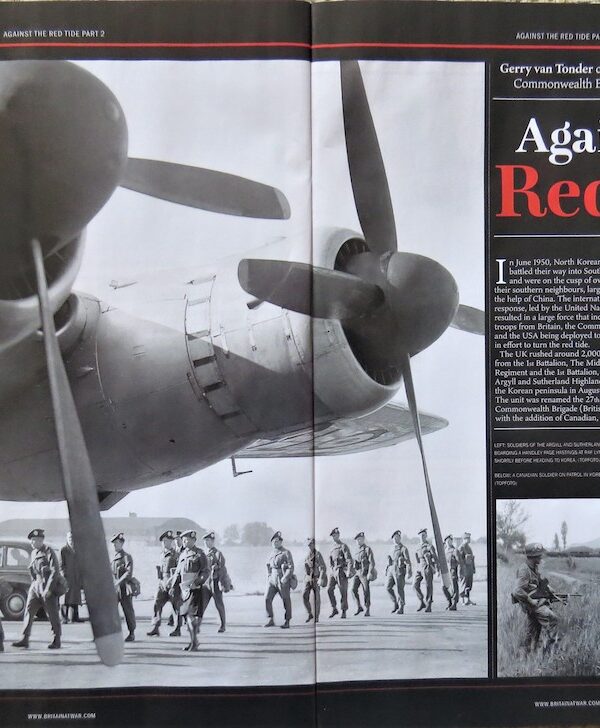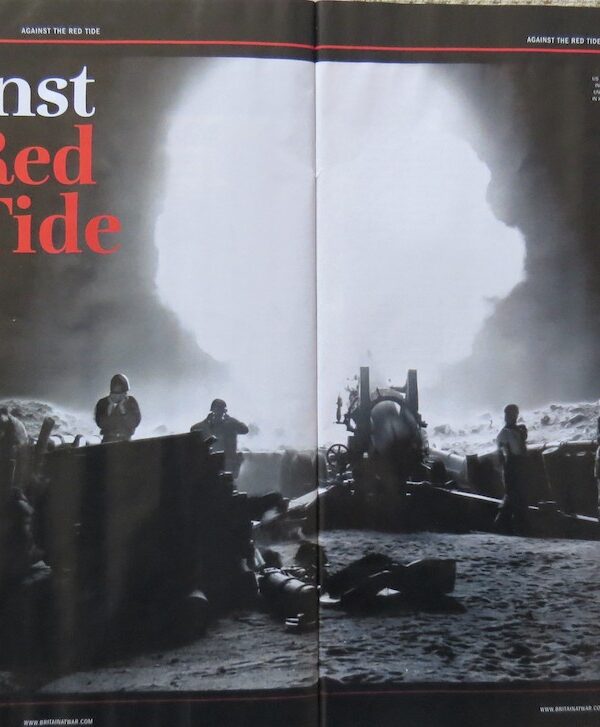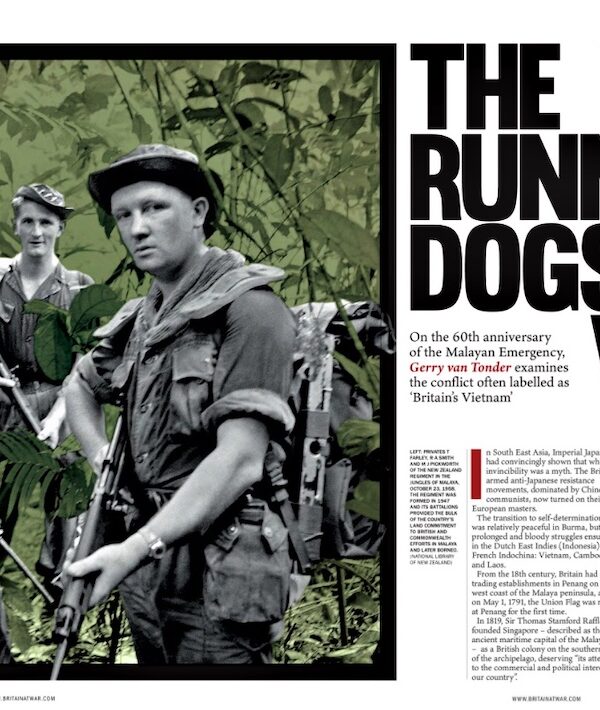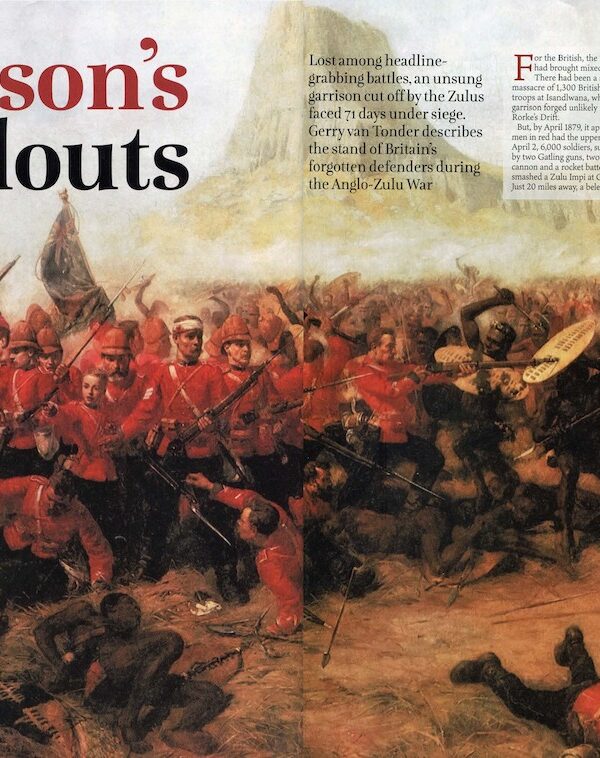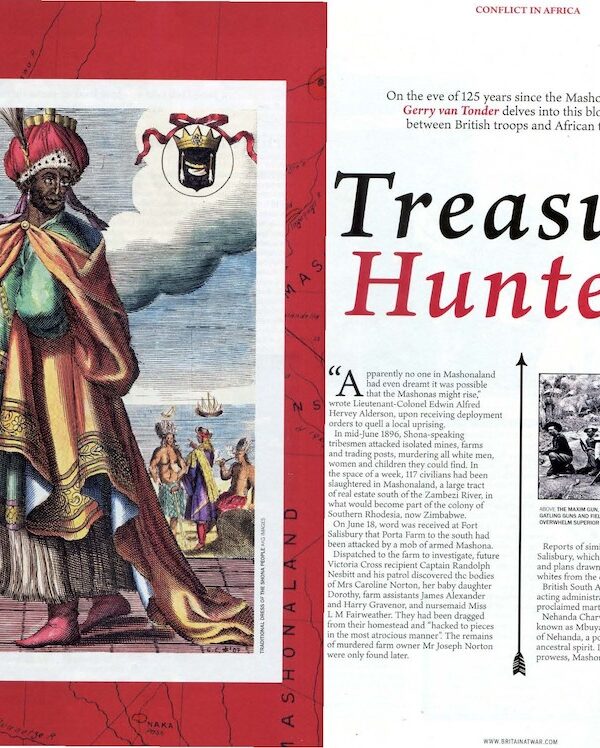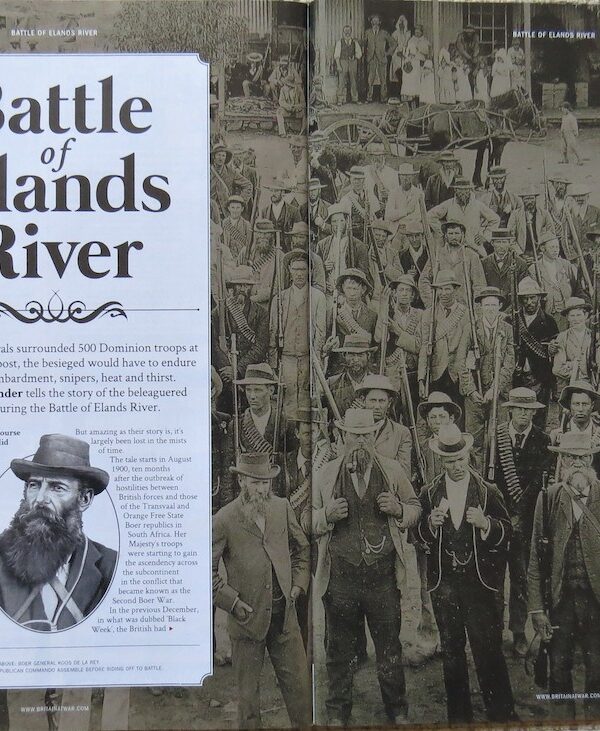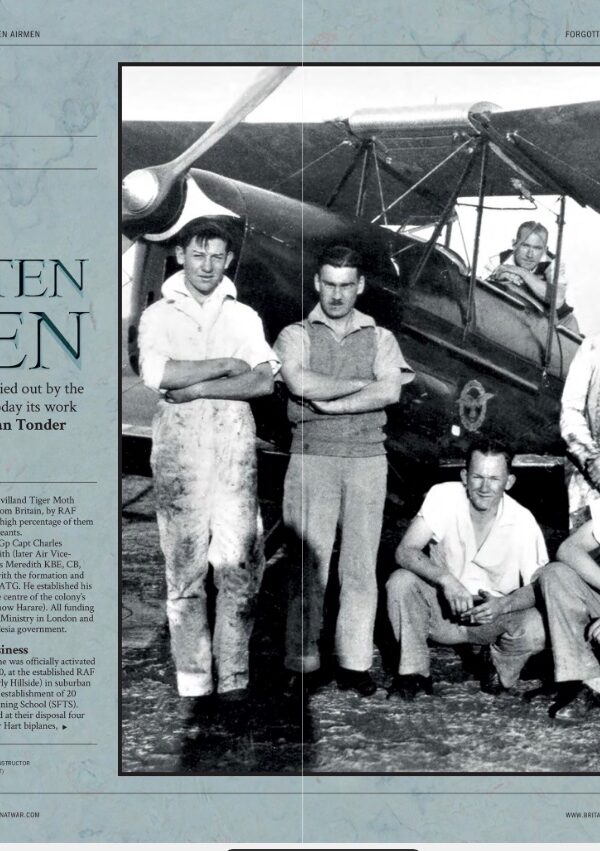Ahead of Her Time: Lady Sarah Wilson
Lady Sarah Spencer-Churchill, an aristocrat and Winston Churchill's aunt, broke Victorian norms as one of the first female war correspondents during the Second Boer War. She reported on the Siege of Mafeking for the Daily Mail, served as a nurse, and even engaged in espionage. Captured by the Boers but undeterred, Lady Sarah's adventurous spirit and defiance of societal expectations marked her as a pioneering figure. Her contributions to journalism and wartime nursing left a legacy of challenging gender barriers. She passed away in 1929, a woman truly ahead of her time.

